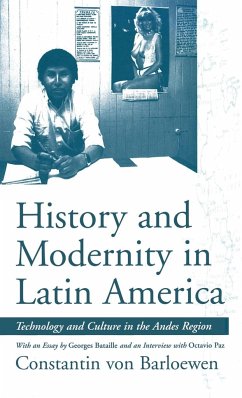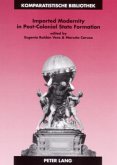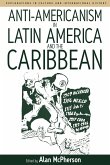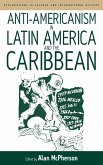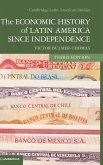Why is it that Japan, with few natural resources, has become one of the world's leading economies but not Latin America, which is so rich in natural resources? This anthropological essay questions the Euro-centric notion of modernity and modernization and argues that Latin America has to find its own form of modernity, one which accepts and reflects its owntraditions. As long as a Western Model is grafted on to Latin American societies, modernization is bound to fail. After examining the history and peculiarities of these societies and their cultures, from the pre-Colombian era to the present, the author develops what could become the framework for a future, "indigenous" model.
